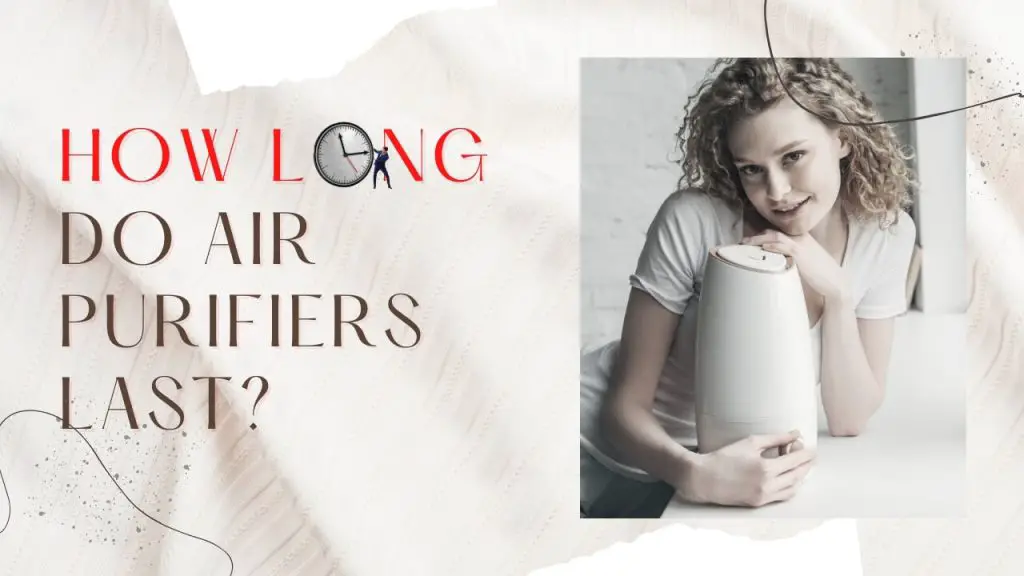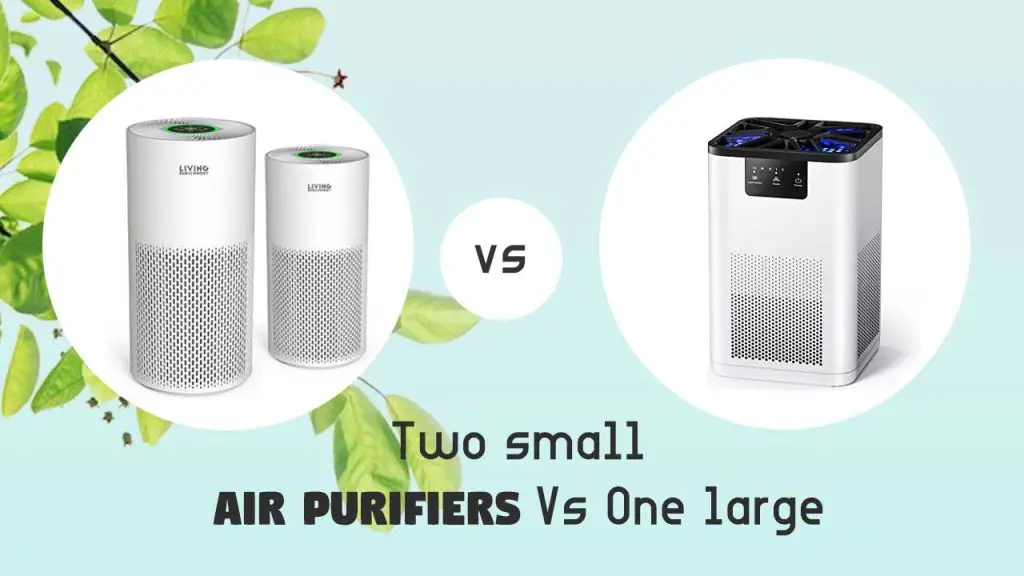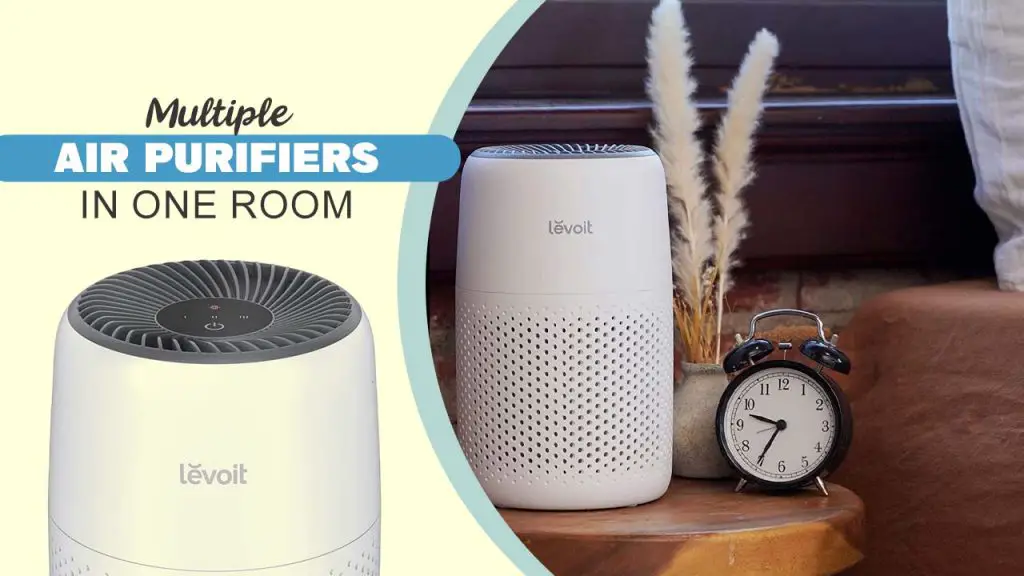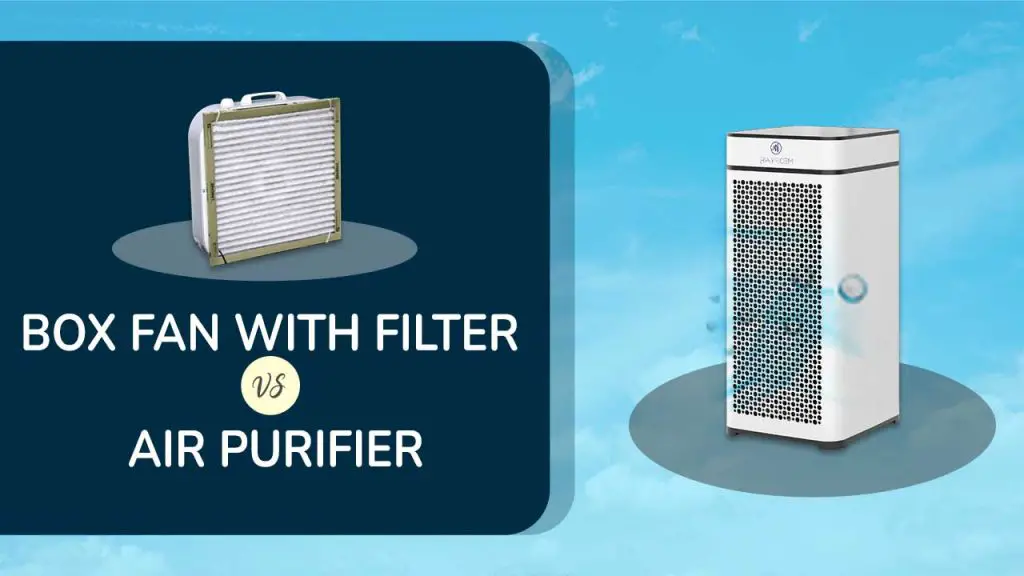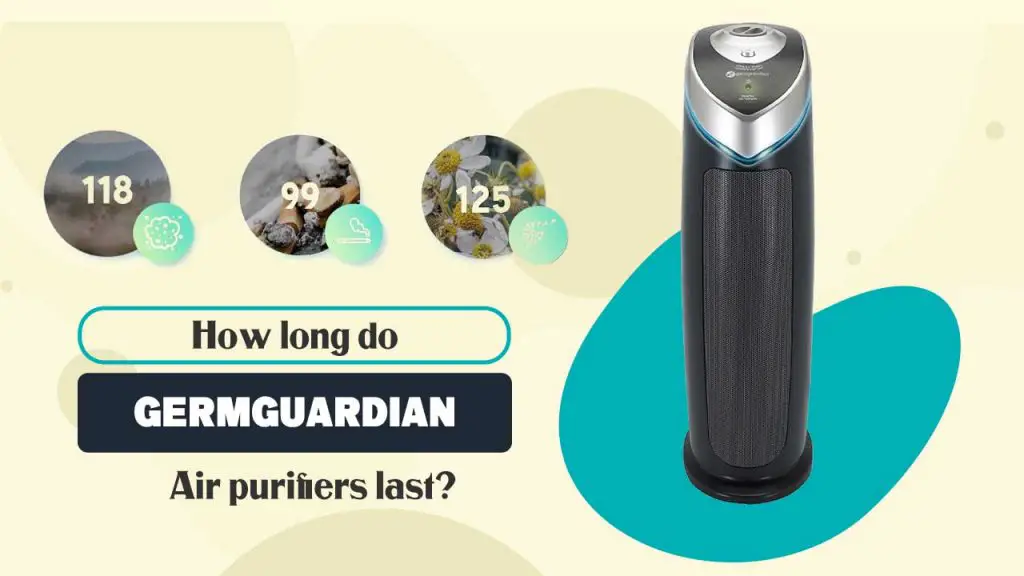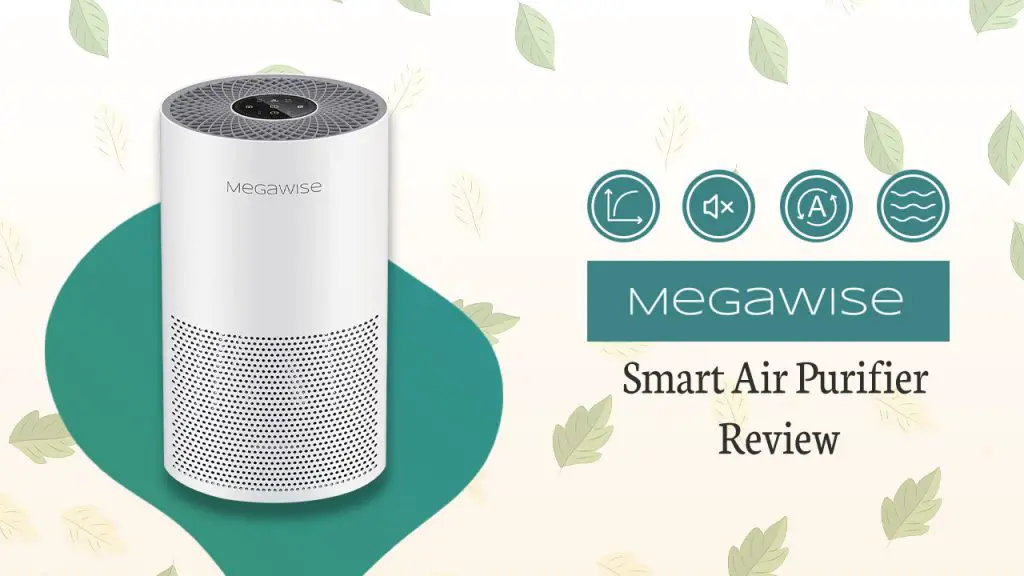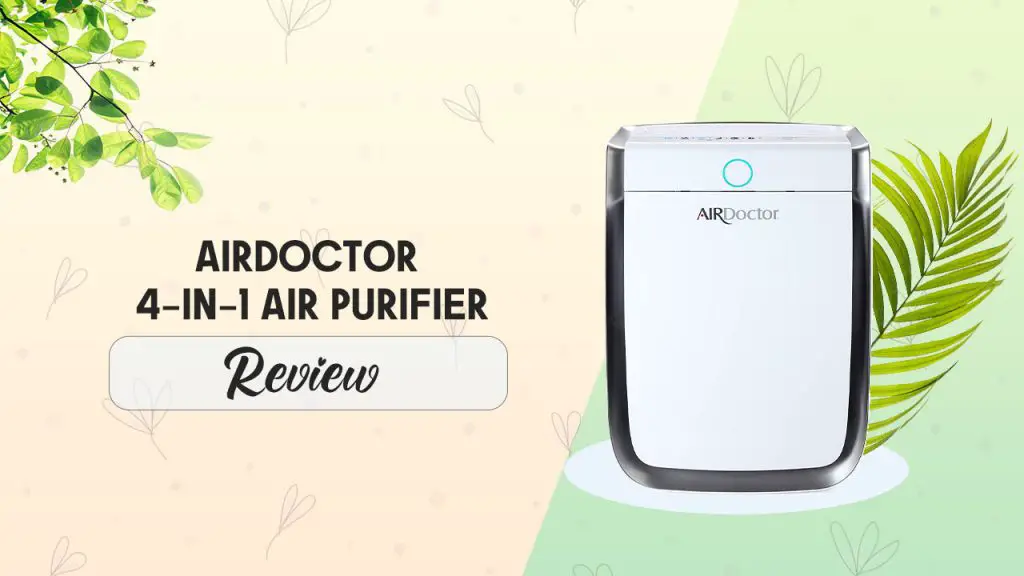Unless you are living under a rock-you’ve probably wondered about, “How long do air purifier filters last?” Since almost all air purifiers depend on filters to eliminate pollutants from the air, the longevity of their filters is crucial.
You’ve spent quite a few months breathing the immaculate O2 abundance of pure pulmonary rhapsody, your single breath deep and clear, free of the toxicity of metropolitan smog and the seasonal attack of ragweed or tree pollen.
It’s possible that you’ve been so captivated in the bliss of fresh, nutritious air that time has passed with the calm and ease of deep, restful sleep. Now you are all caught up: 8-12 months later.
Your air filtration machine is working even harder. The air sounds spunkier than average, and you’ve got a filtered shift warning light flashing with a beeping alarm.
The lifespan of a Typical Air purifier Filter
A few manufacturers recognized the need for models with lower long-term prices, which led to the revolutionary washable or permanent filters for air purifiers.
These versions remove or significantly reduce the need to buy new filters daily. However, these filters need to be cleaned to be washed or vacuumed regularly to remain functional.
The bottom line is, whether you use reversible, washable, or permanent filters in your air purifier, both filters have a lifetime. As part of the air purifier’s cleaning, they must be replaced or washed periodically.
The guide below lists the standard maintenance schedule for various filter types, which should give you an understanding of how often different filters need to be replaced.
If the manufacturer does not provide this detail, go ahead and check what kind of filter is used in your air purifier and its lifetime below:
- HEPA filters: should be changed every 12 to 18 months.
- Carbon filters need to be replaced every three to six months.
- Pre-filters must be washed every 30 days and replaced as they get clogged.
- Permanent filters should be washed every three months and replaced if they get affected.
NOTE:
Please do bear in mind some exceptions to the blueprint provided, particularly given the fast-paced up-gradation and development of the air purifier industry, which constantly develops new technologies and filter types.
Nonetheless, the numbers above are accurate for the majority of air purifiers. Suppose a particular air purifier deviates from the norm and necessitates a unique schedule. In that case, the manufacturer will most likely specify it in the product manual or on the company’s website.
HEPA Filters: A Deeper Dive!
A HEPA air purifier filter is one of the most viable choices you can make, but what exactly are HEPA filters? Is it necessary to replace them regularly, and are they worthwhile? Is there a vacuum with HEPA filters that you should consider purchasing for your home? You may have quite a few questions & doubts regarding HEPA filters, and the solutions are surprisingly clear and straightforward.
Since you have purchased a HEPA filter, you may be wondering how often you may have to replace it. It’s important to remember that different HEPA systems and HEPA-compatible systems may have other filter replacement guidelines. As a result, you should still adhere to the guidelines for your particular method.
Having said that, for most HEPA filters, a general rational rule of thumb is to replace them at least once every six months, especially if the filter contains carbon. On the other hand, some filters will last up to two years before they need a replacement.
If you’re not sure how much HEPA filters should be refreshed, keep in mind that you have nothing to lose by replacing your filter at least twice a year.
If you find any of the “warning signals” that your filter needs to be changed, you should change it.
Aside from that, there are certain situations in which you need to change your filter right away. After all, every home is different, and some homes can go through filters more quickly than others, particularly if you smoke indoors or have pets, all of which can adversely impact your home’s air quality.
Allergy flare-ups in your children or other family members can indicate that your filters need to be changed. People with allergies, for example, are more vulnerable to bad air quality and can benefit from having the air filter replaced more frequently.
If they start sneezing and sniffling more often, it’s a good idea to adjust the filter to see if it helps.
Key factors that affect the longevity of Air Purifier Filters
Suppose you want a healthier home environment and a lower chance of unexpected maintenance bills. In that case, you should consider inspecting and replacing your filter regularly.
Most people, though, are unaware of when to change their air filter, so we developed this quick guide to serve as a starting point. (Please keep in mind that various variables will influence whether a filter’s lifetime is extended or reduced.)
1. Material built
Another factor to account for is the kind of filter you have in your house. A mechanical air filter is the most standard kind. It uses fibers to trap air particles before they reach your ventilation system. Because of the low cost, most consumers can use disposable mechanical fiberglass filters.
However, since the low-cost filter captures a limited percentage of harmful particles, it’s wise to inspect it every few weeks or so to see if it has to be replaced.
You may also want to choose pleated or washable filters, which are more costly but more efficient and have a longer lifetime. To prolong the life of a filter, clean it once a month by spraying it with water from a hose.
2. Area of your living space
The size of your living area also determines the overall durability of your filter. Smaller homes need less energy to distribute filtered air in each room, extending the life of your air filter.
Due to the higher power required to get in filtered air, those with bigger homes and more spaces and more floors would need a more robust filter. Using a low-cost filter in a more extensive household would only spread more polluted air around.
3. Other Miscellaneous factors
Your activities at home are a final set of factors to examine. House members that smoke often will find that simply opening a window is insufficient to eliminate the cigarette odor and its adverse effects.
A portion of the harmful output could also pass through your air filter, causing damage to those in your home and shortening the life of your filter.
Because of the large amount of fur that can collect on filters if you have dogs, you might have to pay a few extra bucks on replacements.
Air Filter Inspection & Replacement: The Key Takeaways
Remember to check your air purifier filters every year- in the same way, you would inspect your smoke detectors.
The dull answer may be “it depends on your filter,” but here are three far more valuable takeaways from accurate air purifier filter lifespan testing:
- The filter’s color is an inaccurate predictor of when it’s time to replace it.
- As the HEPA filters mature, they become more effective at trapping particles.
- The most inaccurate way to determine whether your air purifier filter needs a replacement is to measure airspeed.
Changing it at the start of each new season is a general rule of thumb. If you live in a part of the country where you do experience all four seasons, review your filters every 4-6 weeks and replace them as required- which means that the air filter is in good working order. And, there isn’t too much of a buildup.
Final Comments:
To clean the air you breathe, air purifiers are essential, particularly for allergies or asthmatics. To minimize the number of allergens in the air, air purifiers use filters to clean out debris and dust particles. The air purifier’s filtration capability decreases as the air filter accumulates more particles over time.
Just peep into your filter by popping the hood of the air purifier and inspecting it. The original manufacturer’s manual will tell you where to look for your filter.
For better efficiency, most manufacturers suggest changing your filter every 3-6 months. Consider replacing your filter every 30-60 days for allergy and asthma sufferers and those who like filtered air.
| Photo | Title | Buy |
|---|---|---|

|
LEVOIT Air Purifier for Home & Bedroom - For Allergies and Pets Hair | Check Price On Amazon |

|
BREEZOME 60 OZ Quiet Dehumidifiers for Home, Dual-Semiconductor | Check Price On Amazon |
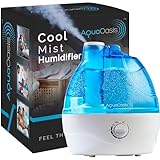
|
AquaOasis™ Cool Mist Quiet Ultrasonic Humidifier for Bedroom & Large room | Check Price On Amazon |

|
43.3'' Portable Air Conditioners, 3-IN-1 Evaporative Air Cooler w/Remote | Check Price On Amazon |

|
BlueDri BD-AS-550-BL Negative Machine Airbourne Cleaner HEPA Air Scrubber | Check Price On Amazon |

|
Space Heater, VCK 24" 12ft/s Fast Quiet Heating Portable Electric Heater | Check Price On Amazon |
